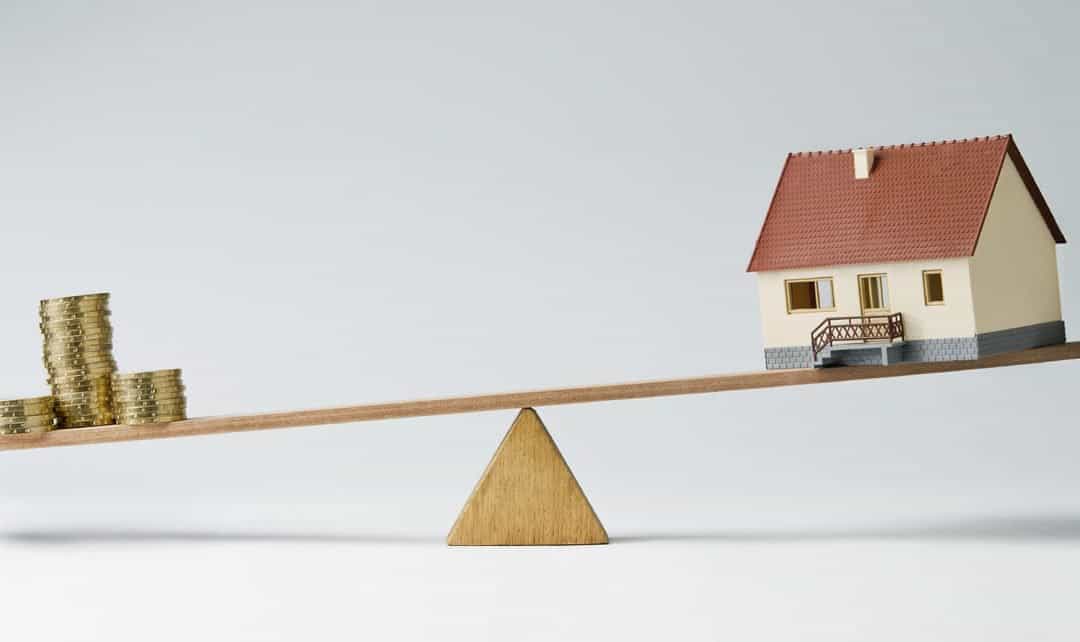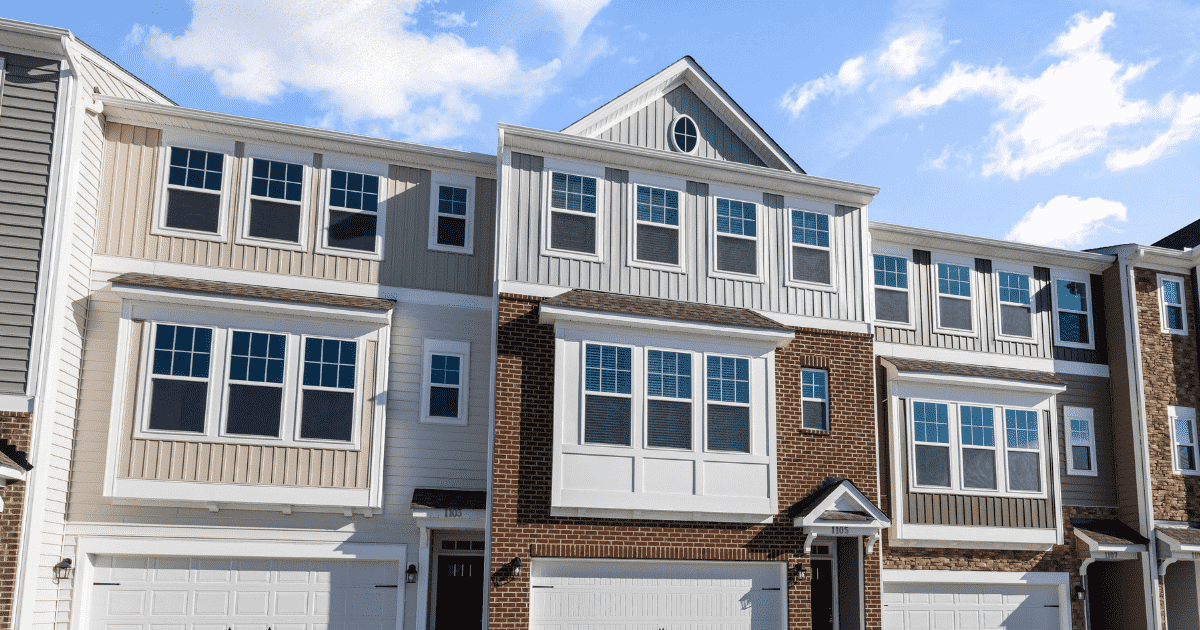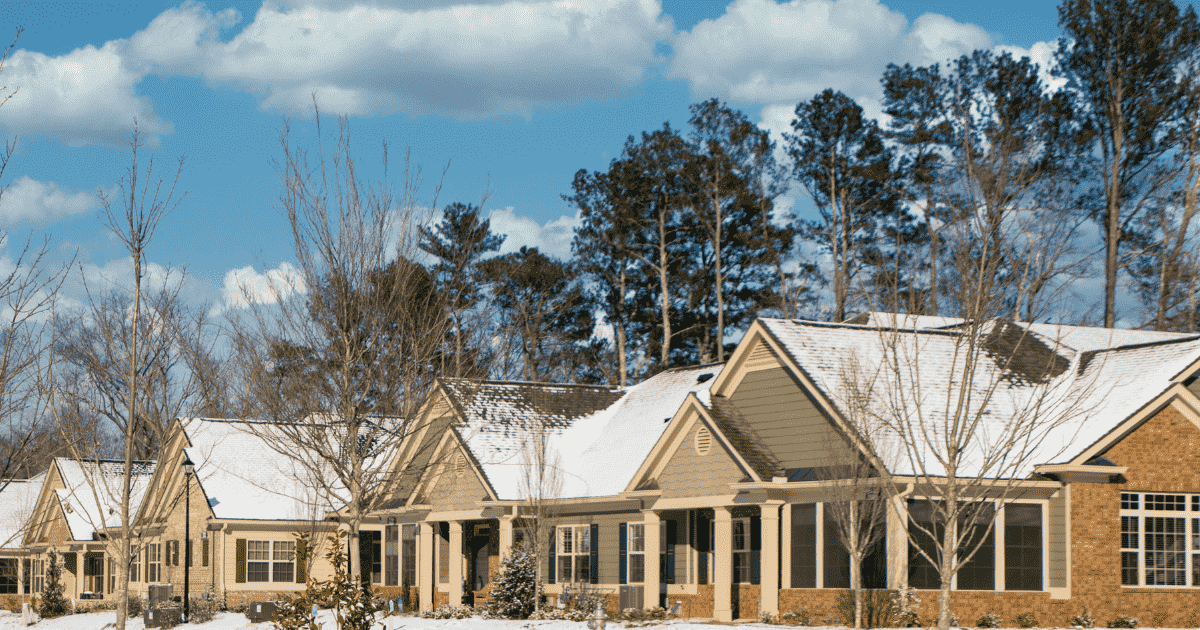The Canadian Real Estate Association, the Toronto Regional Real Estate Board and other boards across the country publish extensive resale housing market statistics. We also analyze trends and identify factors driving significant shifts in unique markets across the country. We are constantly considering a wide array of policy options to address trends that are unsustainable or pose a threat to the stability of housing markets in Canada.
When it comes to housing policy, taxing capital gains on principal residences is often raised as a solution. But a tax on Canadians’ homes is not the silver bullet some would have you believe. In fact, the introduction of a tax would be excessively complicated with far reaching implications and would likely backfire.
To return to first principles, consider the simple economics of supply and demand. In 2020, home sales continued trending upward to reach a record high, while new listings sunk to an all-time low. The current sales-to-new-listings ratio is trending at historically elevated levels, resulting from an unprecedented level of soaring demand that is far outstripping any influx of new supply. Taking this, and historically low interest rates into consideration, the rapid increase in home prices is not the puzzling outcome that some make it out to be.
Population growth is outpacing housing completions and the shortage of housing supply is not an unexpected consequence. Even with the pause on immigration we had this past year due to COVID restrictions, there just aren’t enough homes to keep pace with demand. We can’t tax our way out of a housing supply shortage. Nor should we pump the brakes on the immigration driving population gains that grow our economy. The only answer is to create housing supply, across the entire housing spectrum at a rate that meets demand. It is not a simple answer, but it has the benefit of being the right one. And one that is good for growing our economy.
Creation of new housing supply requires a co-ordinated effort between the federal government, provinces, territories and municipalities. Addressing construction restrictions at the municipal level plays a far larger part in making housing more affordable than a potential new tax would.
All Canadians need to somewhere to live. In most cases, a principal residence is someone’s only residence. If you purchased a house 25 years ago for $250,000 that is now worth $1 million, it is probably still the same home you bought, with some upgrades. Introduce a capital gains tax on principal residences, and just like that, you are now taxed as a millionaire.
A capital gains tax would effectively create a disincentive for anyone to ever list their home, and further exacerbate the already dire lack of housing supply across Canada. The tax could very well put upward pressure on housing prices rather than cool them.
The spin-off effects are myriad. Canadians would think twice before moving within the country for an employment opportunity, putting more pressure on major urban centres while thwarting the efforts of smaller communities to grow. Retirees would have no incentive to forgo their equity, and therefore would not downsize unless absolutely necessary. Most Canadians have made assumptions about their retirement based on the value of their homes. This proposed change would disrupt those assumptions overnight, while very possibly shattering their presumed financial stability.
It was also suggested that capital gains from housing be treated like other forms of investment, such as stock. While that may appeal from a uniquely financial perspective, you can’t live in your stock portfolio. Capital gains on principal residences are treated differently because they serve the far more important purpose of providing a place for us to live and enabling freedom of labour mobility.
Attempting to extract additional tax revenue from Canadians through their homes would be wildly unpopular for good reason. There are other avenues to pursue: targeting speculation in the market; incentivizing other classes of investment; and most importantly, building more housing supply.
Realtors help people find homes, and we want to continue working toward real solutions that make it easier for Canadians to find a home they can afford. A capital gains tax on principal residences simply isn’t the answer.
John DiMichele is CEO of the Toronto Regional Real Estate Board. Michael Bourque is
CEO of the Canadian Real Estate Association.













